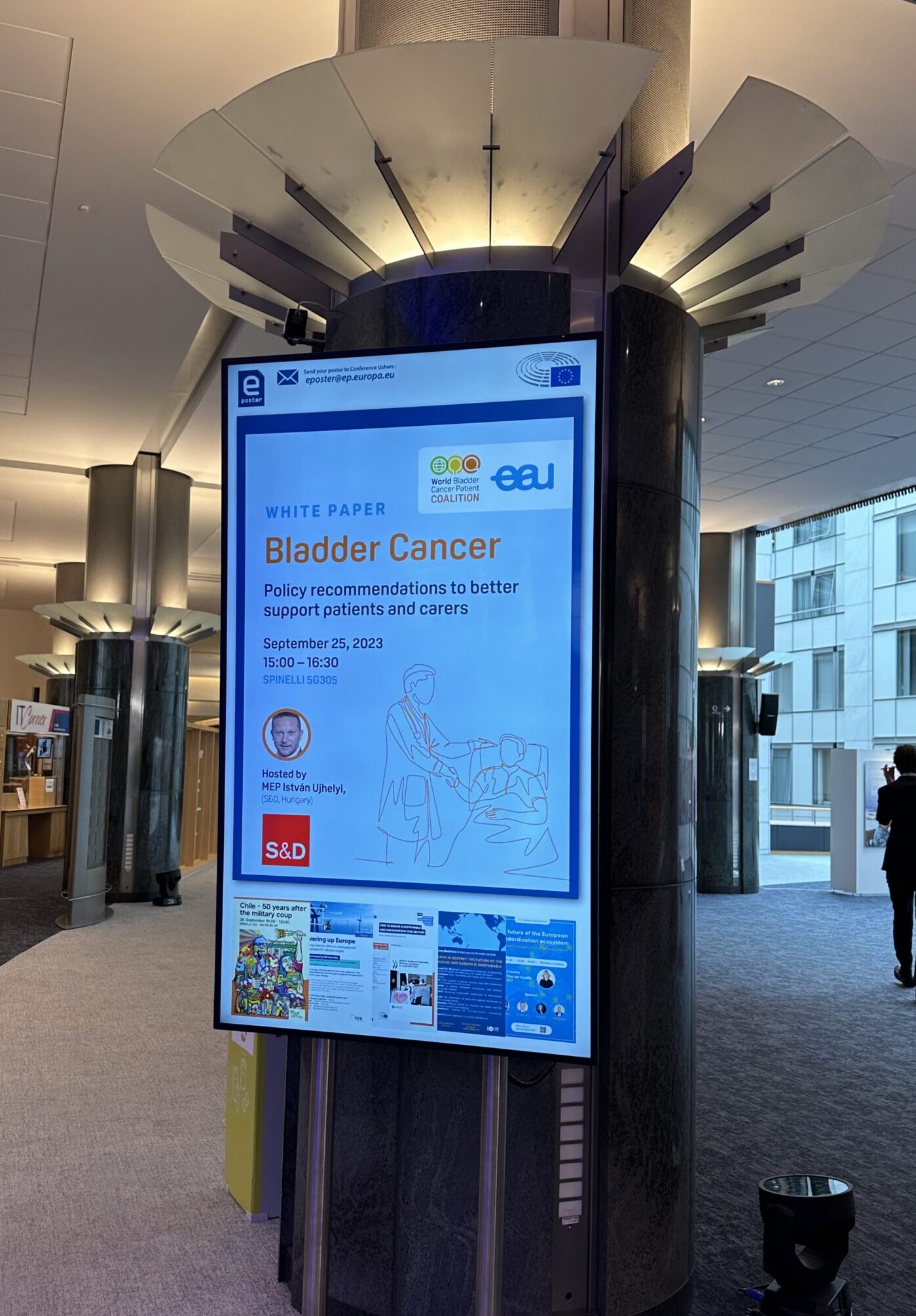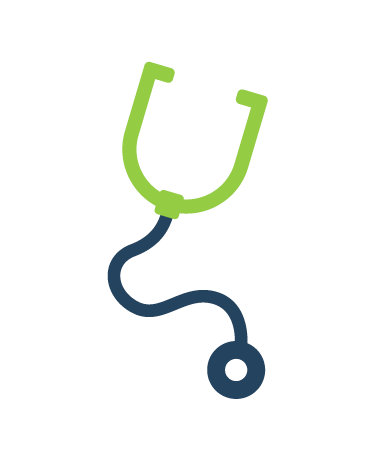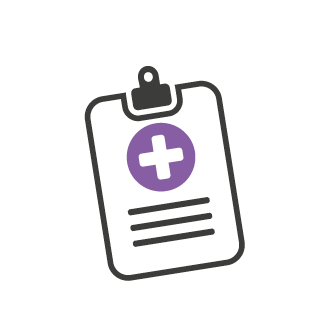White Paper on Bladder Cancer
The White Paper on Bladder Cancer is a policy-oriented document aimed at building momentum to raise awareness of the need for an equitable policy approach to different types of cancers. It provides concrete policy solutions to address the unmet needs of bladder cancer patients. The paper outlines a total of 20 policy recommendations and highlights 10 of these, which are crucial for bladder cancer patients. All the policy recommendations are carefully crafted to be as impactful and feasible as possible.
With the ambition to take advantage of existing legislative opportunities in the European Union and opportunities for policy change in the future. Launched in the European Parliament on September 25th, the White Paper on Bladder Cancer aims to bring greater policy attention to the impact of bladder cancer in Europe.
Bladder cancer is the 5th most common cancer in Europe. Despite having one of the highest lifetime costs of any cancer, research funding is among the lowest. This has led to an alarming stagnation in the availability of diagnostic tools that negatively impact the prognosis and treatment options of bladder cancer, and complex pathways for patients to navigate their journey.
With the newly elected European Parliament and a fresh political mandate in place, the joint WBCPC and EAU White Paper on Bladder Cancer continues to inform policymakers in Brussels and across Member State capitals. As Europe builds on the progress of Europe’s Beating Cancer Plan, it is crucial that the new leadership prioritises more ambitious policy actions to address neglected cancers like bladder cancer. By driving awareness, improving education, and ensuring access to high-quality diagnostics, care, and treatment, we can take meaningful steps toward closing the cancer care gap across Europe.
Together with the White Paper, we also developed an infographic that contains the top 10 policy recommendations, key figures, risk factors, diagnosis and much more!
To further increase its impact and ensure that all Members of the European Parliament (MEPs) are aware of the burden of bladder cancer across the European Union and its impact on all aspects of society, we have created a four-page booklet outlining how MEPs can take action to reduce this burden.
The World Bladder Cancer Coalition (WBCPC) developed this White Paper on Bladder Cancer together with the European Association of Urology. With a united effort not only at the EU level but on a global scale, the policy recommendations that were drawn can be used as a catalyst for progress, reducing the impact of bladder cancer and improving the lives of people affected by the disease.
Following the event, we created a report that captured the main discussions and key takeaways.
To help spread the message around us, we have created social media resources for you to get involved and share with your network. We hope that this will help bring awareness to the challenges that cancer patients, caregivers and their loved ones experience worldwide.

Promoting the White Paper on Bladder Cancer
The top 10 policy recommendations
1. Improve legislation
in the field of occupational cancer to recognise the link between certain chemicals and bladder cancer explicitly. Include bladder cancer in the list of occupational cancers in future revisions of the EU Carcinogens Directive.
2. Ensure the implementation of minimum standards on tobacco use
The introduction of pictorial warnings on bladder cancer in the EU Tobacco Directive should complement these actions.

3. Guarantee
that the EU and Member States abide by the revised Council Recommendation on Cancer Screening to invest in developing effective early detection of bladder cancer for at-risk groups.
4. Facilitate funding
for research into unmet areas of bladder cancer therapies at European and national level.
5. Ensure access
to clinical trials should be an option to be discussed with the physician, with the therapeutic decision made depending on individual patients and disease characteristics.
6. Strengthen collaboration
between EU and Member States’ health authorities to improve access to innovative treatments and recognise the value of incremental innovation.
7. Facilitate funding
from the EU and Member States for developing a reliable risk-based technology to screen bladder cancer at an early stage.

8. Support patient groups
at European and national level in advocating for greater bladder cancer disease awareness in primary care settings and among the general public regarding bladder cancer symptoms and risk factors.
9. Address the Gender Gap
in diagnosing and treatment for bladder cancer through better training of healthcare professionals (HPCs).

10. Unleash the potential
of European Health Data Space (EHDS) to improve bladder cancer care by developing Electronic health records and a standardised registry of patient-centred outcomes for muscle-invasive and non-muscle-invasive bladder cancer.









